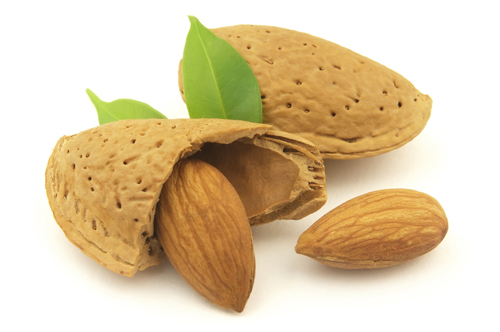Welcome
Buy Fresh California Almonds, Wholesale or Bulk Raw Almonds and Almond Flour, Direct from the Farm. At Just Almonds, we are committed to providing you the best quality California almonds at the best price. We pride ourselves in providing excellent customer service when supplying raw almonds for all of your eating, baking and exporting needs. Our family has been in the bulk almond industry as growers, handlers, processors, wholesalers and exporters for over 30 years.


